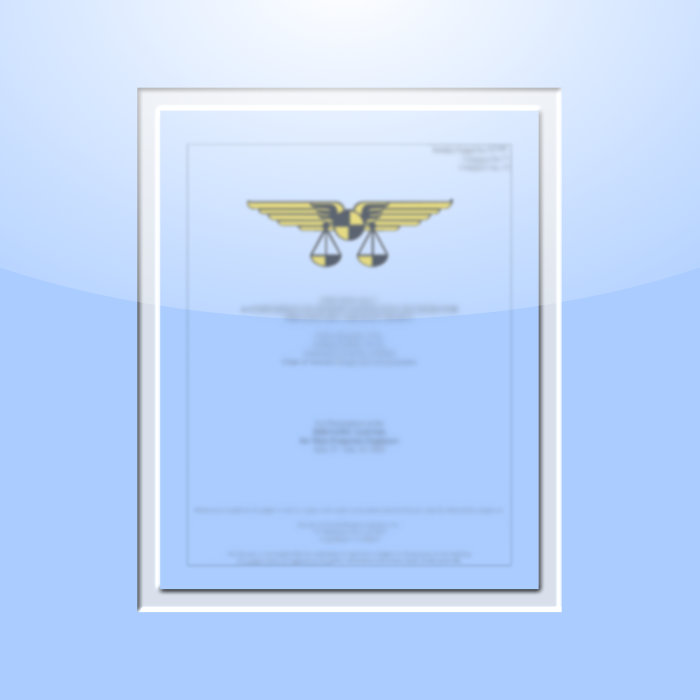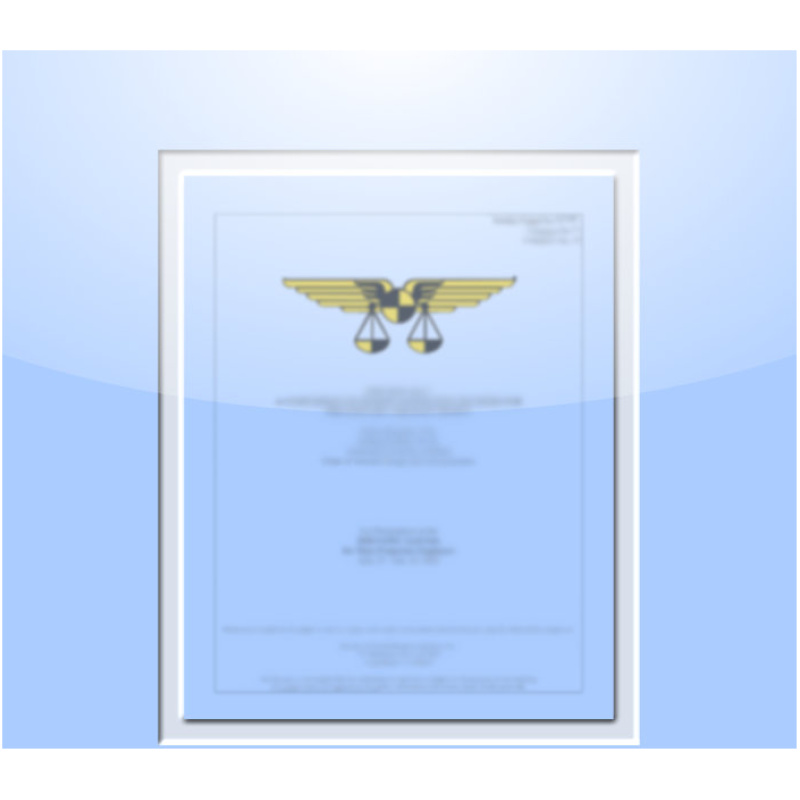
2144. Knowledge Networking: The Fast Track to Mass Properties Engineering Solutions
$20.00
SAWE Members get a $200 store credit each year.*
*Store credit coupon available at checkout, click the button in your shopping cart to apply the coupon.
Not applicable to SAWE textbooks and current conference technical papers.
Paper
Abstract
This paper is about information and knowledge. It attempts to share a few interesting facts and opinions about how scientists, engineers, and technical professionals are dealing with today’s technical information explosion. And, perhaps most importantly, it suggests some specific ways in which the evolving information glut can be turned into a powerful, career-enhancing opportunity. The economic future of the U.S. is 70% dependent on technology. That means that engineers will lead the charge to our country’s future prosperity. This is a tremendous responsibility. It can be argued that we start with an advantage, because the United States remains the largest producer of technical knowledge on this planet. For instance, there are approximately 14,000 technical papers written in our country each day. A study at MIT has determined that, by the year 2000, the available knowledge in certain technologies will double every 11 hours. Other research has concluded that, in these times of rapidly telescoping technologies, the obsolescence cycle for any set of technical skills will soon be in a range of five to ten years. What does this data have in common? It implies that there is a real urgency about the need for each one of us to develop and implement an effective, personal, information and knowledge gathering strategy, even to just keep from becoming obsolete. It follows that the question engineers should be asking themselves today is: What am I doing to exploit information’s potential as a competitive tool and personal development in my day-to-day work life? To try to answer that question on a more general level, we need only to look at a couple of recently completed studies. What they reveal about the American technical professional affirms much of what we already know-that we are strong in analytical thinking and problem solving and that we are creative. We like to think integratively. We are also good learners and want to be good at what we do.


